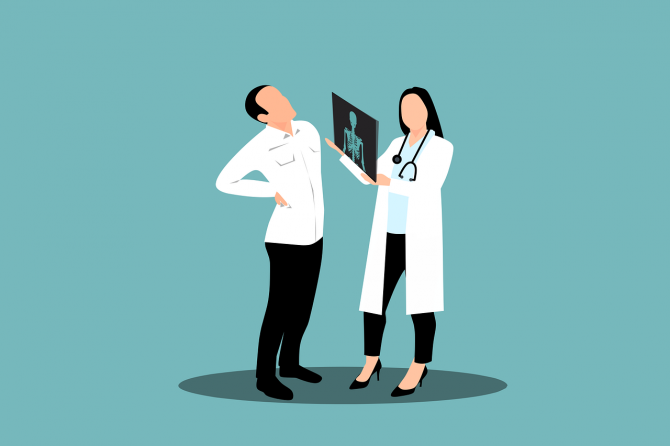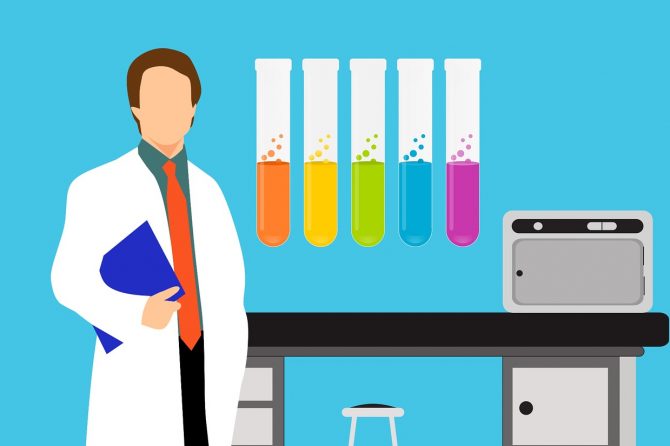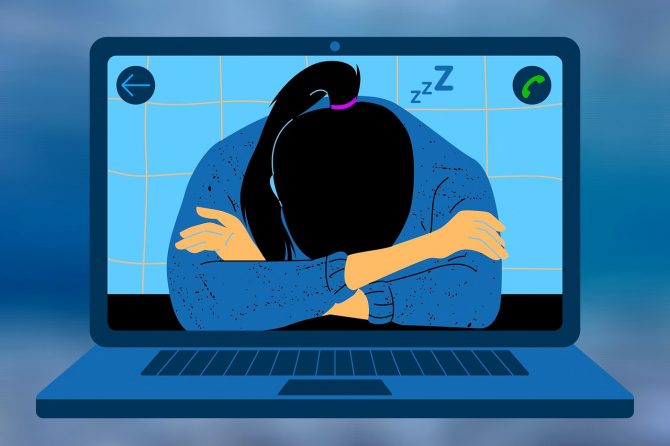
Advantages of BHRT For Women
Hormonal imbalance is a very common issue for women as we get older. Health conditions including thyroid disorders, menopause, and low sex drive are all linked to out-of-balance hormone levels. The symptoms of hormonal imbalance can be life-altering. These symptoms can include mood swings, insomnia, weight gain, and hair loss. Thanks to bioidentical hormone
Read more








